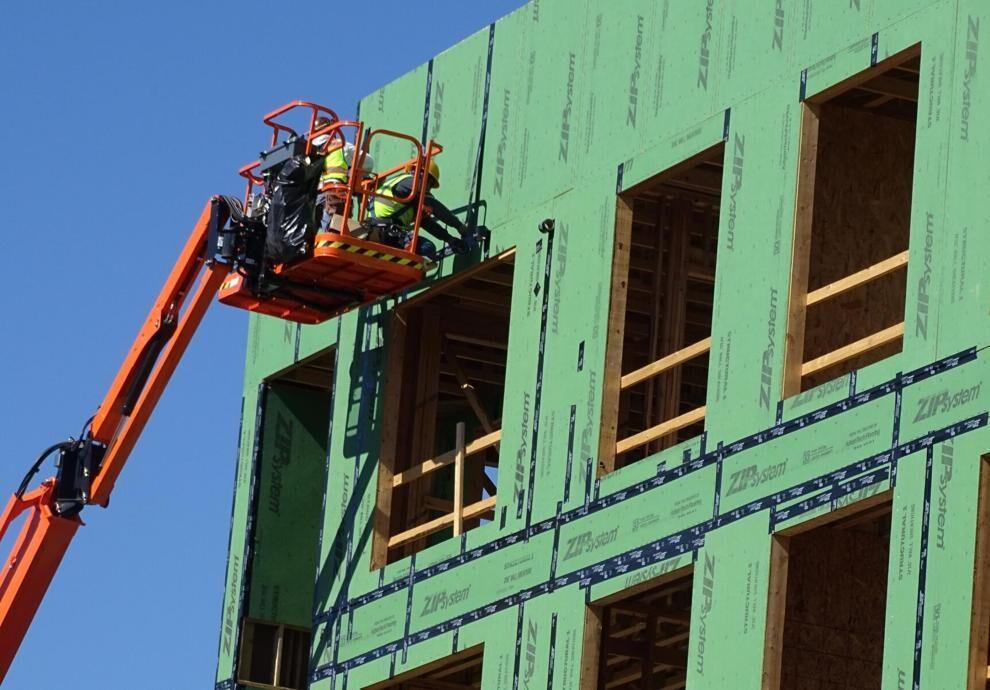Bill aimed at increasing Colorado condo construction advances to full Senate
Measure to address ‘construction defects’ gains bipartisan support from both chambers
The bill aimed at encouraging the construction of more affordable condos by reducing insurance costs made progress on Thursday.
Senate Bill 106 received a narrow 4-3 approval from the Senate Local Government and Housing Committee. The bill, introduced by Sens. Rachel Zenzinger, D-Arvada, and James Coleman, D-Denver, was discussed in a hearing two weeks earlier, and since then, the sponsors have been refining it with amendments.
The path to approval was challenging. Three Democrats from the committee’s four-member Democratic majority, along with some proposed amendments, were not in favor of the bill.
However, the bill garnered support from all three Republican committee members and the committee chair, Sen. Tony Exum, D-Colorado Springs. Exum, who humorously remarked that the bill had taken over his life, collaborated with the sponsors on amendments that ultimately secured passage on Thursday.

This bill stands out as the most bipartisan housing legislation in the 2024 session, backed by twelve senators and eleven representatives from both major parties. SB 106 sets itself apart from other housing bills under consideration in the General Assembly by also securing support from numerous city governments, builders, contractors, and affordable housing groups like Housing Colorado.
SB 106 aims to address what the construction industry perceives as the primary obstacle to building condominiums: the high insurance costs linked to “construction defects.” These costs have significantly increased the price of condos, from around $9,000 in the early 2000s to over $41,000 in 2023.
A September report from the Common Sense Institute, a free-market think tank, highlighted that insurance costs for condominium projects have risen to 5.5% of a project’s total hard costs, a 233% increase compared to multifamily rental projects. These costs are often attributed to litigation related to construction defects.
The bill proposes changes to the state’s 2001 Construction Defect Action Reform Act, which established a legal framework for homeowners to sue for defects. These can range from major structural issues to minor defects. SB 106 offers homeowners various ways to address defects, including arbitration, repairs by the contractor, or repairs by a third party funded by the contractor. Successful remediation would settle and release the claim, with future claims limited to the scope of the remedial work.
Originally, SB 106 sought to raise the homeowner association (HOA) consent threshold for launching a construction defects lawsuit from just over 50% to two-thirds. This threshold was revised to 60% in the latest amendment.
Sen. Zenzinger emphasized that the bill would lessen lawsuits and provide homeowners with more options beyond the costly path of litigation.
In wrapping up the hearing, Sen. Coleman stressed the need to balance homeowner protections with affordable housing availability. He emphasized the community’s desire for affordable home ownership.
Zenzinger posed the question of revitalizing affordable condo construction, suggesting that addressing the issue of high construction insurance costs is worthwhile, whether or not it’s the root problem.
The bill is now moving to the full Senate for further debate, though both sponsors and committee members acknowledged that more work is needed before it’s ready for Senate consideration.

